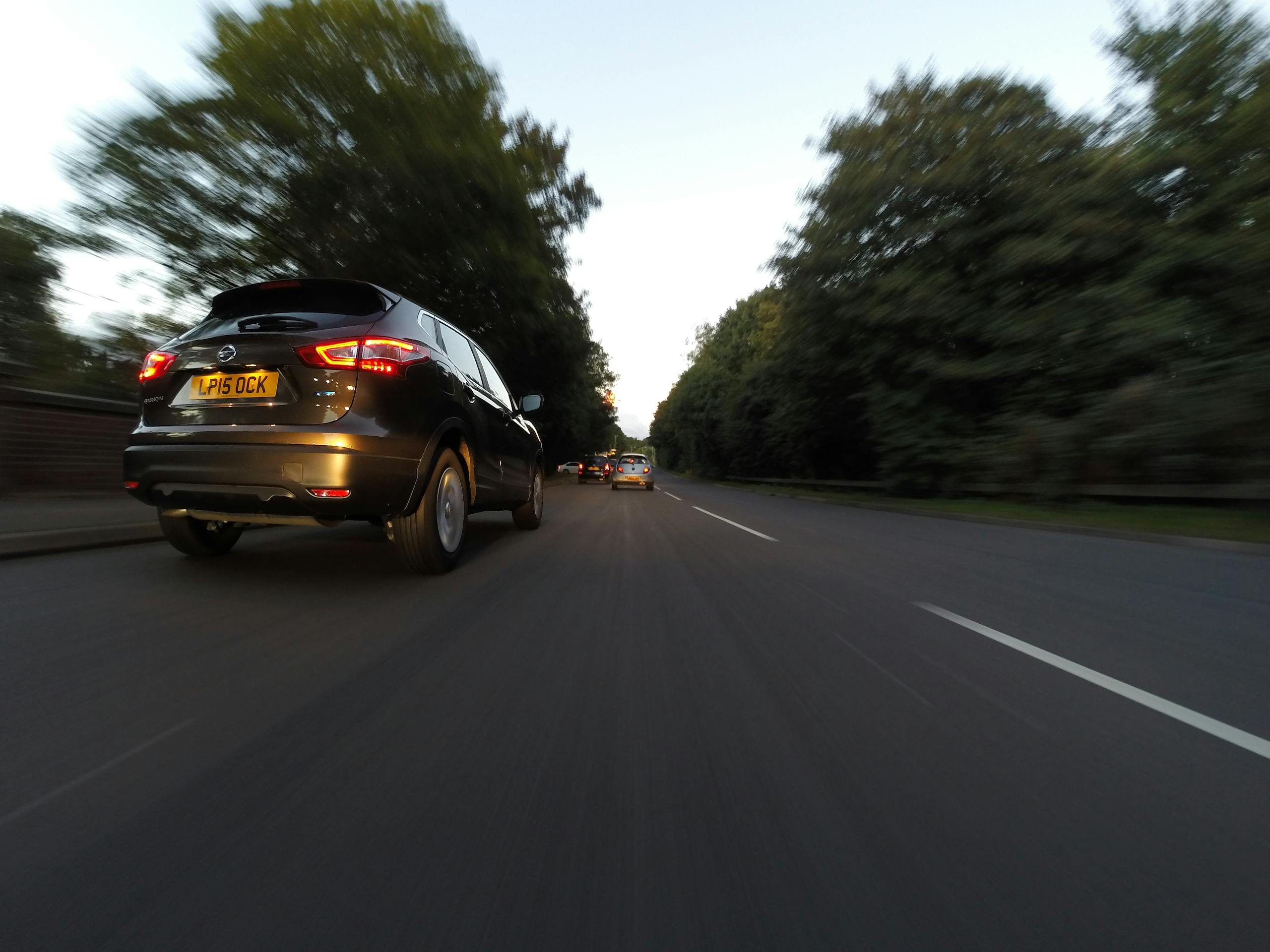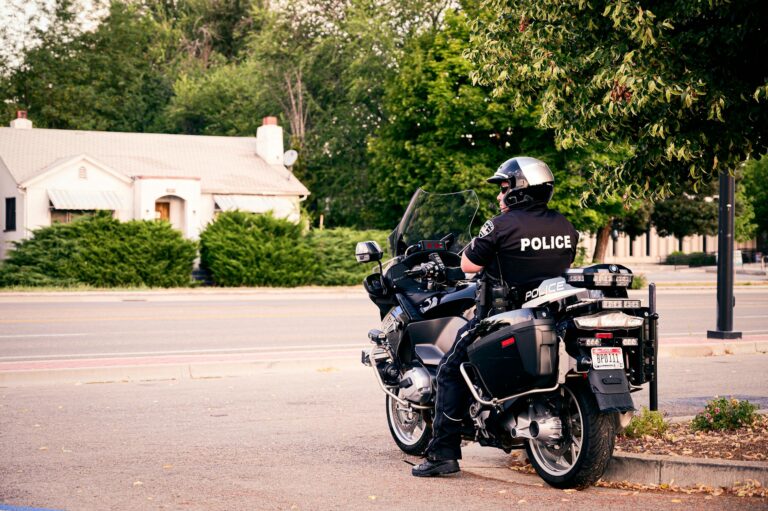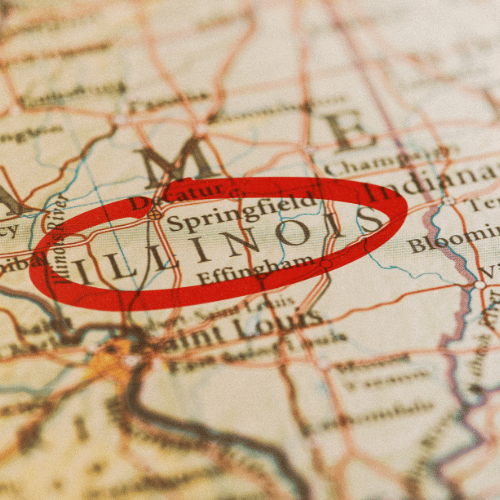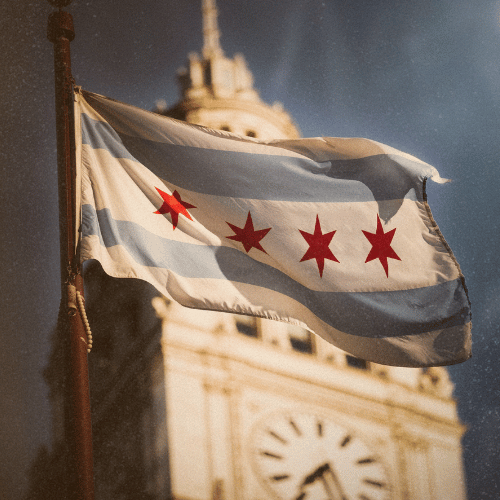Stopped for DUI in Illinois Without Breaking a Traffic Law? Here’s 3+ Things You Need to Know
No Violation? No Problem: According to the Law
Drivers in Illinois are often surprised to learn that a DUI stop can occur even when no traffic violation has been committed. This scenario is more common than many realize, particularly in areas like Chicago and throughout Cook, DuPage, Lake, and Will Counties. The legality of such stops hinges on a critical concept in criminal law: reasonable suspicion.
Understanding how law enforcement applies this standard, and how DUI laws work across Illinois, is essential for anyone facing DUI charges after what seemed like an ordinary or unjustified traffic stop.
What Is Reasonable Suspicion in Illinois DUI Cases?
Under Illinois law and U.S. Supreme Court precedent (Terry v. Ohio), police may stop a vehicle if they have reasonable suspicion that the driver is engaged in criminal activity, including driving under the influence. Reasonable suspicion must be based on specific and articulable facts, not merely a hunch or generalized belief.
This legal principle allows officers to initiate a DUI investigation even without observing a violation of the Illinois Vehicle Code. Courts in Cook County, DuPage County, and other surrounding areas routinely uphold stops based on non-criminal behavior if it raises legitimate concerns about impairment.
Examples that could justify a DUI stop include:
- A vehicle stopped oddly in a fast-food drive-thru at 2 a.m.
- A car that hesitates at green lights without accelerating
- A driver appearing disoriented or slumped at the wheel
- Weaving within a lane or making overly cautious movements
- A 911 call reporting suspected intoxicated driving
These circumstances do not involve ticketable offenses but may provide a lawful basis for a traffic stop under Illinois law.
Illinois DUI Statute: 625 ILCS 5/11-501
Under 625 ILCS 5/11-501, Illinois law prohibits driving or being in actual physical control of a vehicle while under the influence of alcohol, drugs, or a combination of both. There is no requirement that a driver must have committed a traffic offense for an officer to initiate a DUI investigation.
Once a stop occurs, if an officer observes indicators of impairment—such as slurred speech, red eyes, or the odor of alcohol—they may proceed with field sobriety tests and request a chemical breath or blood test. These tests can establish probable cause for a DUI arrest.
Refusing chemical testing triggers a statutory summary suspension under Illinois’ implied consent law (625 ILCS 5/11-501.1). For first-time offenders, refusal results in a 12-month license suspension, regardless of whether the driver is ultimately convicted of DUI.
County-Level Considerations for DUI Stops
Cook County:
In Chicago and its surrounding courthouses, officers often deal with high-volume traffic and use patterns of behavior—such as unusual stopping, parking, or vehicle operation—to justify stops. Courts in Skokie, Bridgeview, and Maywood frequently review motions challenging whether these stops were lawful under reasonable suspicion standards.
DuPage County:
With heavy enforcement in suburbs like Oak Brook and Wheaton, local law enforcement agencies focus on late-night stops and cautious driving behaviors. Courts in DuPage scrutinize the basis for stops, especially when no traffic infraction has occurred.
Lake, Will, Kane, Kendall, and DeKalb Counties:
Suburban law enforcement in these counties commonly cite vehicle positioning, driver demeanor, or anonymous reports as reasons for initiating DUI investigations. Each jurisdiction has unique procedural nuances that affect how these cases proceed.
What Happens After the Stop
Following a DUI stop, the officer typically approaches the driver and initiates questioning. Observable signs of impairment, combined with performance on field sobriety tests or portable breath testing (PBT), may lead to an arrest. In some cases, a refusal to comply with testing may be used against the driver in court and will trigger license suspension regardless of the outcome of the criminal case.
If arrested, the individual is usually processed and released on bond for a first offense. Felony DUIs, however, may result in more restrictive bond conditions or a detention hearing.
Understanding DUI Charges in Illinois
Misdemeanor DUI:
A first or second DUI offense is typically charged as a Class A misdemeanor. This is punishable by up to 364 days in jail and fines up to $2,500.
Felony DUI (Aggravated DUI):
More serious circumstances can result in felony charges under 625 ILCS 5/11-501(d). These include:
- Third DUI offense (Class 2 felony)
- DUI causing serious bodily injury (Class 2 or Class 4 felony)
- DUI while license is suspended or revoked (Class 4 felony)
- DUI with a child passenger resulting in injury (Class 2 felony)
Felony charges carry substantial prison time and are prosecuted aggressively, particularly in Cook and Lake Counties.
Case Example: Challenging a DUI Stop Without a Traffic Violation
In a recent case in a Cook County courtroom, a driver was found asleep in a parked vehicle with the engine running. The officer initiated the stop without observing any traffic infraction and claimed concern for the driver’s wellbeing. No 911 call or other criminal conduct was involved.
A motion to suppress was filed, arguing that the stop lacked reasonable suspicion. During the hearing, the defense questioned the officer about lighting, location, and whether the driver showed signs of distress. The court ruled the stop unconstitutional. As a result, all evidence was suppressed, and the DUI charge was dismissed.
This outcome highlights the importance of challenging the legality of a stop and the value of an experienced DUI defense attorney.
What Prosecutors Use to Build DUI Cases
DUI prosecutions typically involve several forms of evidence:
- Body camera and dash cam video
- Officer observations and reports
- Field sobriety test results
- Portable and evidentiary breath test data
- Blood test results, if taken
- Witness testimony or 911 call records
Each type of evidence must meet legal standards of admissibility. A strong defense will involve challenging how the evidence was obtained, whether it complies with required protocols, and if it accurately reflects impairment.
Legal Defenses to a DUI Without a Traffic Violation
Common defenses in these cases include:
- Lack of reasonable suspicion to justify the stop
- The driver was not in actual physical control of the vehicle
- Medical conditions that mimic signs of intoxication
- Improper administration of field sobriety tests
- Faulty or uncalibrated breath testing equipment
Successful outcomes often hinge on filing suppression motions, obtaining video footage, and exposing procedural errors or inconsistencies in police reports.
FAQs About DUI Stops Without a Violation
Can police stop a vehicle without witnessing a violation?
Yes, if they have reasonable suspicion based on driver behavior, third-party reports, or other specific observations.
What is “actual physical control” in Illinois DUI law?
This means being in a position to operate a vehicle, even if it is parked or not moving. Courts often examine keys in the ignition, engine status, and seating position.
What happens if chemical testing is refused?
The driver will face an automatic license suspension under Illinois’ implied consent law, separate from any criminal penalties.
Can evidence be suppressed if the stop was unlawful?
Yes. If a judge finds that the stop lacked reasonable suspicion or was otherwise unconstitutional, any evidence obtained afterward may be excluded.
When does a DUI become a felony?
Felony charges apply when aggravating factors are present, such as repeat offenses, injury to others, or driving on a suspended license.
Contact a Proven DUI Defense Attorney in Illinois
If a DUI arrest occurred without any traffic violation, it is critical to evaluate the legality of the stop and the procedures used by law enforcement. Every detail matters, especially in counties like Cook, DuPage, Lake, and Will where prosecutions are frequent and penalties are severe.
Attorney Andy Sotiropoulos has represented clients in DUI matters since 1999, offering trusted defense strategies in both misdemeanor and felony cases. With deep familiarity across all major Northern Illinois courthouses, Andy builds strong, results-oriented defenses tailored to each client’s unique situation.
For a confidential consultation, contact the Law Office of Andy Sotiropoulos






